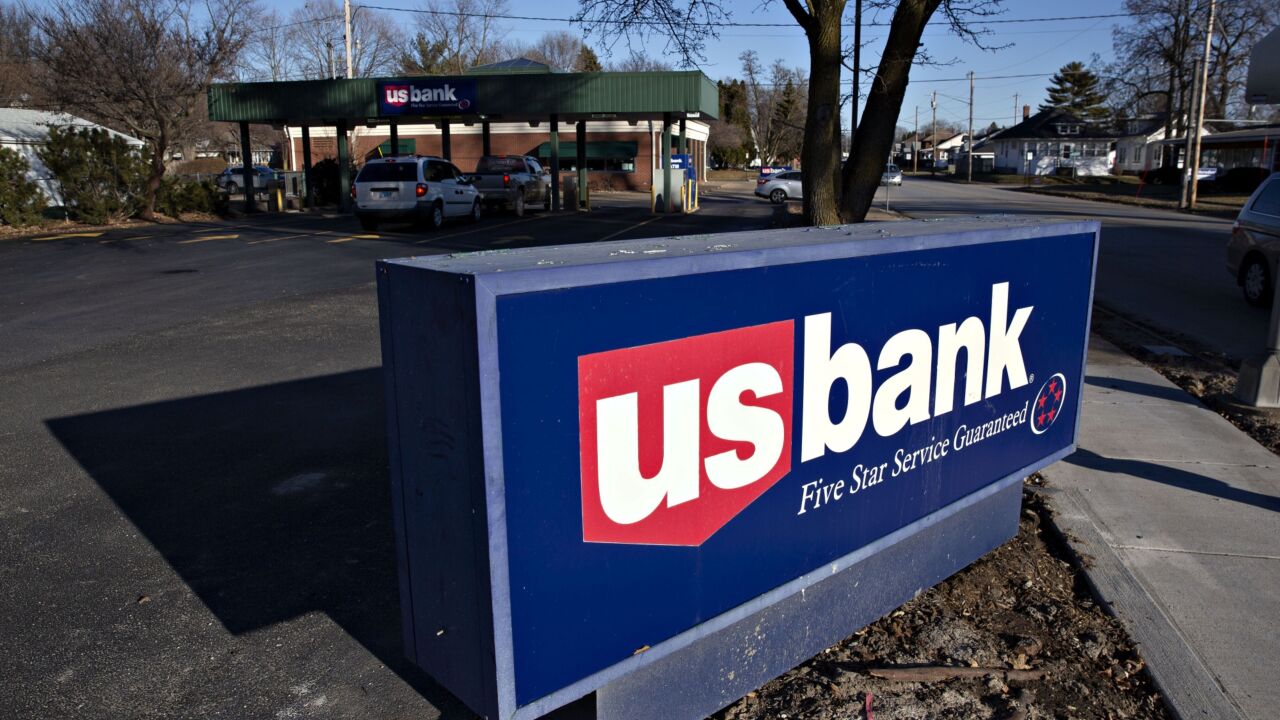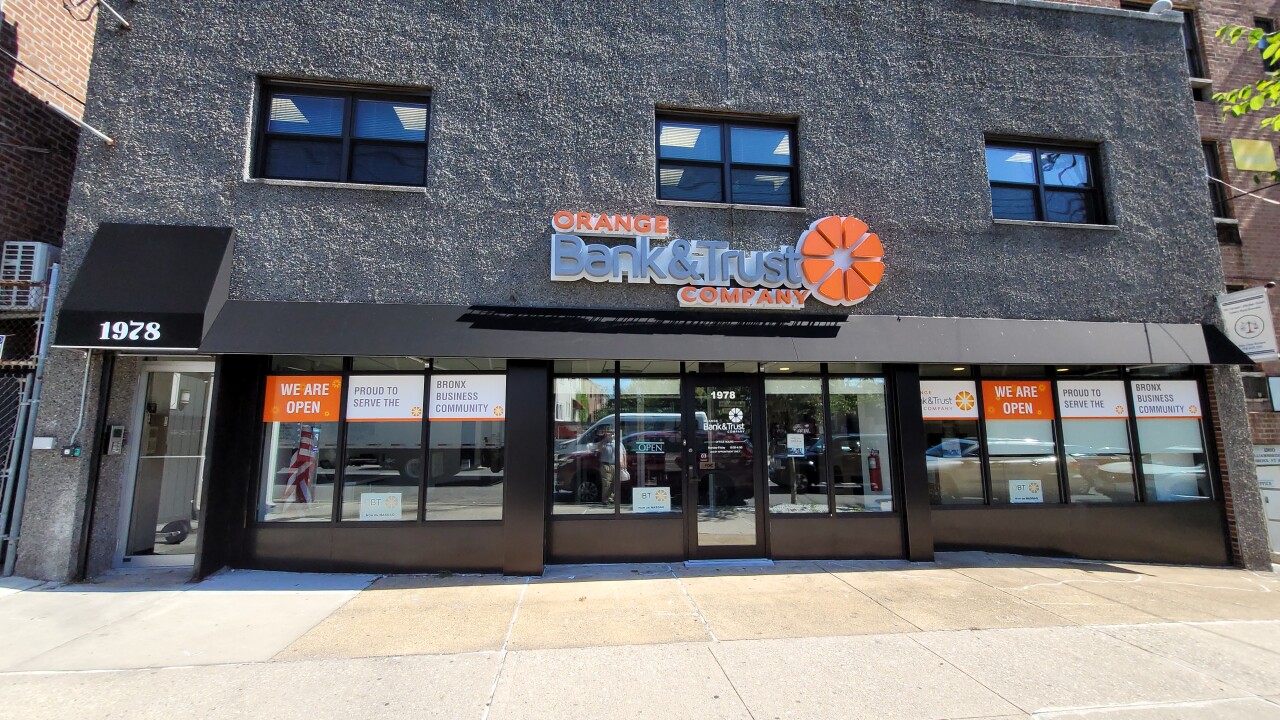Receiving Wide Coverage ...
Better late ... : MetLife reported a smaller-than-expected charge of $70 million after-tax to cover pension payments it failed to make to thousands of retirees over a 25-year period, a discovery that delayed the bank’s fourth quarter earnings report. In all, the insurance company said it earned $2.09 billion for the quarter, versus a loss of $2.23 billion a year earlier. The company’s results included a $1.2 billion after-tax benefit from tax reform. Revenue jumped 25% to $15.75 billion.
The company said it failed to make payments averaging around $20,000 each to about 13,500 people over 25 years. MetLife said it failed to take adequate steps to track down former employees of its corporate clients in order to pay them the money owed. The company increased its reserves to $510 million to cover the costs.
The big hurt: India’s second largest state-owned bank was scammed out of $1.77 billion at one of its branches. The incident at Punjab National Bank, which was done “for the benefit of a select few account holders with their apparent connivance,” according to the bank, sent “shockwaves through the country’s financial sector.” The only details were it involved “fraudulent and unauthorised” transactions.
Wall Street Journal
Don’t worry: Wells Fargo CEO Timothy Sloan sought to reassure bank investors worried that the Federal Reserve’s recent sanctions against the bank capping its assets would hurt the bank. He also said the unprecedented penalty is unlikely to affect the bank’s annual stress test submission “positively or negatively.”
Maybe Mester: President Trump is considering nominating Loretta Mester, the president of the Federal Reserve Bank of Cleveland since 2014, as vice chair of the Federal Reserve Board. Before joining the Cleveland Fed, she worked for nearly 30 years at the Philadelphia Fed as an economist and later research director. Mester "is considered a moderately hawkish Fed president, meaning she is more likely than some of her colleagues to support higher interest rates to guard against higher inflation," the paper says.
Indeed, in a speech Tuesday, Mester said the Fed should keep raising interest rates this year. “If economic conditions evolve as expected, we’ll need to make some further increases in interest rates this year and next year, at a pace similar to last year’s,” she said. “This gradual approach is the best strategy for sustaining the expansion and balancing the risks to our dual-mandate goals.”
Show me the money: Investors should be a little skeptical about whether or not Ant Financial, China’s largest mobile-payment system, is really worth $100 billion as some people think it is, the Heard on the Street column says. “With little financial information to go on, it is hard to say whether a $100 billion price tag is way over the top for Ant. That valuation, though, is around 50 times the company’s pretax profits last year. Investors in any eventual IPO are likely to be asked to accept some heroic assumptions about Ant’s future growth. They should start opening their eyes to some of the challenges it faces too.”
Death penalty: The U.S. Treasury Department plans to sanction ABLV Bank, one of the Baltic region’s largest banks, which it accuses of laundering billions of dollars in criminal money. The sanctions include barring the bank from American financial markets. “The rarely used action, part of a broader pressure campaign against North Korea and Russia, is one of Treasury’s most powerful tools,” the paper says. “Washington has used the sanction — which can be a death blow to banks — just a handful of times in the past decade.”
Financial Times
Looking up: Despite an unexpected fourth-quarter loss of $1.12 billion, including a tax-related charge, Western Union forecasts higher sales and profit for 2018, driving its stock price higher Tuesday. “The company once known for its brick-and-mortar money transfer outposts has focused increasingly in the past few years on growing its online services to better compete with fintech start-ups,” the paper notes. “We remain focused on leveraging our cross-border capabilities to drive more global funds and transactions through our platform in 2018,” CEO Hikmet Ersek said.
Quotable
“Central banks around the world have been buying everything in sight, which is a blanket on volatility. That is stopping and is going to reverse.” — Goldman Sachs CEO Lloyd Blankfein.






